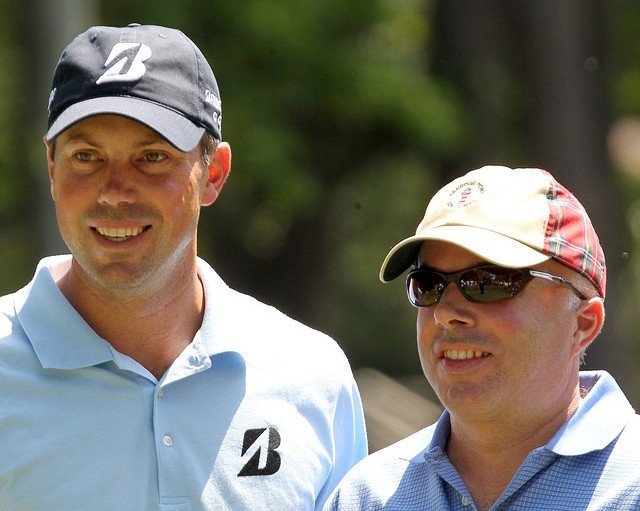
How To Become a More Positive (and Better) Golfer In 2 Mins Per Day
Successful people are more happy, right? But is it success that leads to happiness or could it be that happiness leads to success?
Our modern culture tells us that by working harder, we’ll achieve more success and as a result, become happier. But in this Ted Talk presentation, you’ll see that Shawn Achor has spent a lot of time challenging this notion and concludes that we need to reverse engineer the happiness equation that we’re taught from a young age. He believes, that to be successful, you first need to figure out how to become happy, and I 100% agree with him.
People who are more successful get there, as a result of having a positive mind-set, an attitude of gratitude, being kind, and seeing stress as a challenge, not something to fear.
If you have a spare 12 minutes today, I recommend watching this video (at the end of the post) where Shawn explains the reasons behind it and how to build a more positive mind-set in just 2 mins per day.
Positive mind-set = Better Golf
How can this help you play better golf? When Shawn Achor talks about how developing a positive mind-set improves all business outcomes and therefore leads to more success, these same principles can obviously be applied to sports. In fact, I realized that many of the habits he recommends are things that I already try to instill in the players I work with. By working on these habits daily, a player will:
- Achieve a more positive mindset (they will start habitually searching for the positive instead of the negative).
- Be able to cope with stress better
- Play golf from a place of calmness and a quiet mind, which is key for being able to focus and access your best physical skills.
- Enjoy the game more
In addition to the 2 minute daily ritual that Shawn Achor recommends, here’s a modified version to get you in a positive (and happy) state of mind before going out to play.
Developing a positive mind-set for golf
- List 3 things you are grateful for in what you are about to do (things that have nothing to do with how well you play). Things like “It’s an amazing day to be outside” or “I’m about to play an amazing golf course, I’m going to be sure to appreciate it” or “I’m playing with my friends today, this is going to be fantastic to spend time with them.”
- List your strengths in your game and remind yourself of some great experiences on the course.
- On the course: take a positive after every shot. This is a great challenge, try it!
- After your rounds, update your “success log”. Write about the things that went well on the course.
- Optional but highly recommended: Meditate. I’ve become a big believer in this one. Like a lot of mental game techniques, it’s hard to quantify and qualify what’s working and what’s not, but I believe this has made a big difference in my own life. As Shawn Achor says, meditation allows your brain to focus better on the task at hand, which is obviously of benefit during your rounds.
Give these a try for the 10 rounds and see if a more positive mind-set leads to better results. This coupled with setting appropriate process goals (and getting a high score on your mental game scorecard), will enable you to play better and enjoy the experience.


